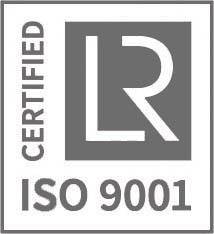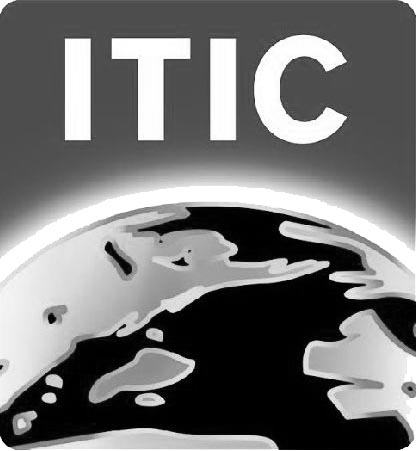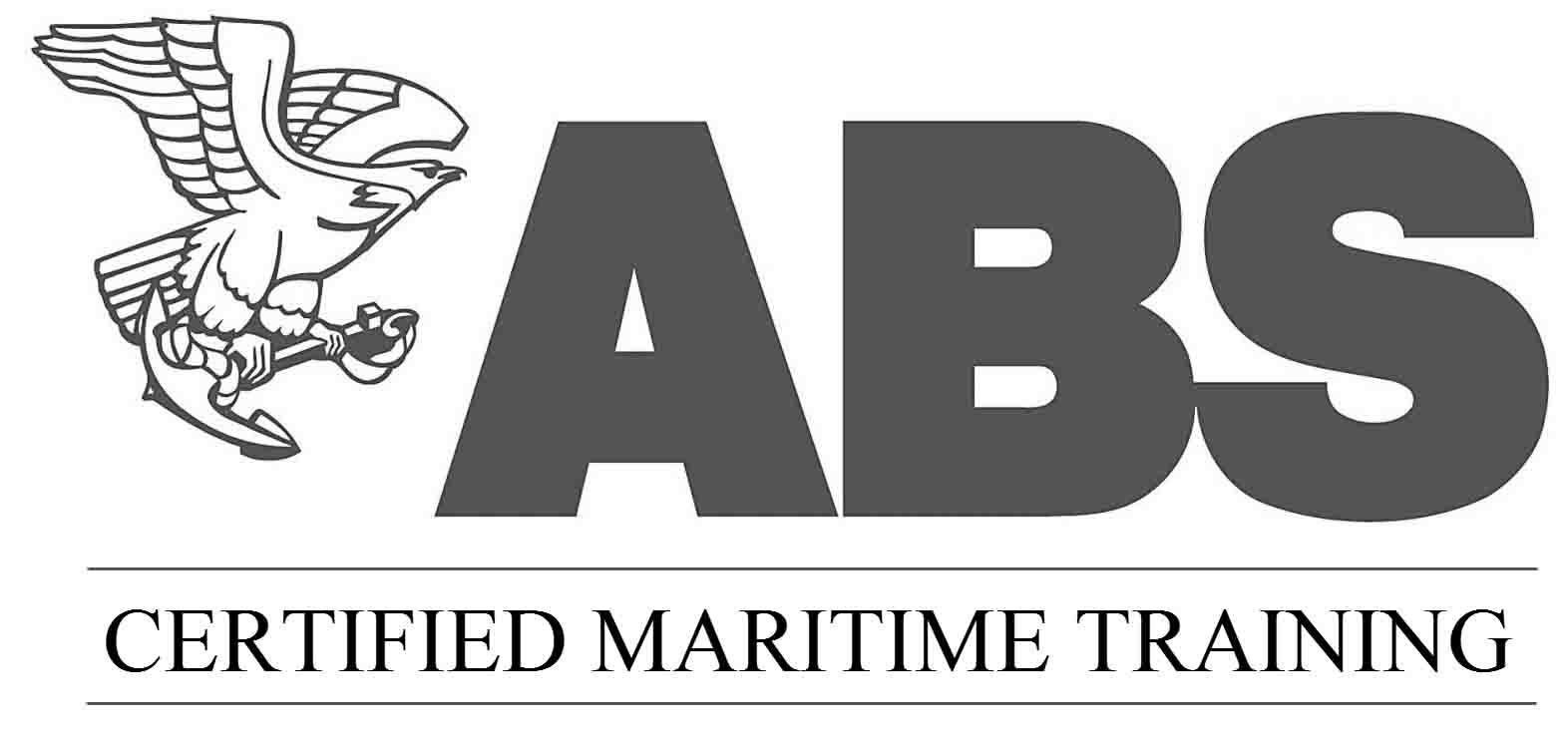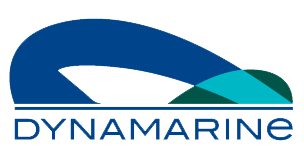STS F.A.Q Guide, version 1.1 is almost there !!
25-05-2015

The draft STS F.A.Q. guide version 1.1 has been completed. The guide has been distributed to selected STS stakeholders for review. Final version is expected to be published by end?June 2015. It includes 95 questions with answers.?
It is almost five years since the ratification of MARPOL Annex 1 of Chapter 8 was introduced by the IMO to assist in the prevention oil pollution during ship-to-ship (STS) operations. The legislation has inevitably resulted in more requirements being imposed and made Ship-to-Ship (STS) Operations more complicated for tanker operators. For example, the need for an STS Plan is an additional requirement to an area that is already well governed by OCIMF guidelines.
MARPOL Annex I Chapter 8 requires the integration of the STS plan with the Ship owner?s Safety Management System (SMS) and thus will be opened to scrutiny in the event of an incident and subsequent legal actions.
Tanker operators responsibility in STS operations is not only defined by the existence of an STS plan, they have to take a justified approach that takes into account commercial and safety considerations.
This guide is intended?to provide answers to questions associated with the required knowledge of tanker operators and their senior officers for STS Operations. This is the first edition and it is aimed to include as many questions and answers as possible, with future editions expected to include further FAQs, as those are raised by the industry.
The guide was produced by both Clyde & Co?in co-operation with?DYNAMARINe.
?
The Questions
Presented questions are divided in 4?sections. Statutory Requirements, Operational - Equipment, Safety/ security and TMSA.?
10.01. What main changes were made from the OCIMF STS guidelines of 2005 to the guidelines of 2013?
11.01. Is it necessary to create a new STS Plan when a second hand vessel is purchased OR can the existing plan be kept from the previous tanker operator?
11.02. Is there a need to submit the STS PLAN to the service provider prior each STS Operation?
11.03. Is it necessary to inform charterers in advance, in case there are procedures in the STS Plan that are not included /advised in the latest OCIMF guidelines?
12.01. Is STS plan required for all tanker vessels? Does the new regulation of MEPC 186/59 apply to all cargoes? Do Chemical Carriers, LNG and Gas carriers need to have an approved STS PLAN?
12.03. The regulation makes reference only to the STS operations between oil tankers at sea. Does the regulation apply to operations at port?
12.04. The regulation MEPC 186(59) does not apply in some specific cases, such as emergency STS operations and operations with FPSOs. Should the STS plan be followed in such operations?
12.05. During bunkering, the bunkers are considered to be the cargo of the bunkering vessel. Should the STS Plan be followed during bunkering operations?
12.06. Is the STS plan necessary for oil tankers that do not engage in STS operations?
12.07. What are the industry standards for STS operations and where is this presented? Are there any relevant questions in INTERTANKO Q88 or OCIMF VPQ?
12.08. How many copies of the approved STS Plan should a tanker vessel have on board?
12.09. Can the STS Plan divert from the latest OCIMF guidelines and include company specific policies?
12.10. Could bunkering operations be comparable with STS operations?
14.01. When is it necessary to revise the STS Plan and request re-approval from Flag or RO?
14.02. Do the STS plans created according to the 4th edition of the OCIMF guidelines need to be revised according to the new published guidelines?
14.03. Is it possible for a vessel to have a ?non approved? STS PLAN?
15.01. Is it possible that the check-lists, included in the STS plan, divert from those of OCIMF/ICS/SIGTTO guidelines?
15.02. Can STS checklists be completed electronically?
15.03. Are the STS checklists considered part of the ?STS RECORDS? according to the regulation 41 ?5 of new chapter 8 of MARPOL ANNEX I?
16.01 What is an STS organiser??
16.02 Why charterers request from tanker operators clearance of participating vessels?
16.03. Are charterers and cargo owners liable for the STS Service providers and POAC?
19.01. In which documents are the owners liabilities in STS operations stated?
20.01. Why does the charterer request clearance for the nominated vessel by the tanker owners? Isn?t this request covered by the STS clause?
20.02. How long should it take for a tanker operator to come back with his decision regarding a clearance request?
20.03. The charterer requests clearance for STS nominated vessels from the tanker owner in order to allow him to review vessel?s details and decide on her suitability. Is it necessary to state in the C/P STS clause the documents required for such clearance since there is no industry standard practice for this?
20.04. Should a Master be ?held accountable? in having made an unreasonable decision to withhold his approval towards the commencement of the STS Operation?
20.05. In some STS clauses, reference is made that the STS operation is ??.at charterer?s risk?. Does this mean that the charterer will be held responsible for any incident or accident?
21.01. Is safety in STS operations ensured through due diligence?
21.02. What are the steps a "tanker operator" should follow, in order to exercise due diligence to the best possible extent?
21.03. What are the required resources for a tanker operator when exercising due diligence?
21.04. Is it possible for tanker operators to have the due diligence process standardized in STS Operations?
21.05. How could a tanker operator prove that he follows specific procedures and policies when exercising due diligence?
23.01. Which documents are useful to be utilized, when a tanker operator is requested to clear a vessel?
25.01. When should a nominated vessel be rejected?
27.01. What should be ensured prior to organizing an STS operation?
28.01. If an accident occurs what could be the consequences for the operator if he has failed in his due diligence actions?
29.01. Does the tanker operator or the Master have the right to refuse the participation of a specific service provider?
33.01. What is a suitable number of mooring/unmooring operations for a POAC?
33.02. How are the terms "similar circumstances" and "similar vessels" defined?
33.03. How can a mooring Master gain experience in order to become experienced for POAC duties?
34.01. Should the Master always rely on the advice of the POAC?
35.01. Is the service provider liable for the POAC?
35.02. Does the Master or tanker operator have the right to approve or refuse the participation of a specific POAC?
35.03. Are there means and a procedure in place by the ship owner to assess the experience of the service provider and POAC?
35.04. If the POAC is not fully employed by the service provider, would this affect the decision whether to accept his participation or not?
36.01. Does the STS Service provider have the right to deny the provision of information, such as records and ID information for the nominated POAC to the tanker operator?
37.01. Is it recommended to have an assistant to the POAC during the STS operations?
38.01. Should the tanker operator audit service providers?
42.01. What is the purpose of the LOI?s presented by Service Providers to tanker operators prior the commencement of the STS Operations?
42.02. Do Masters have to sign an LOI presented by a Service Provider?
42.03 What level of liability would burden the tanker operator by accepting/signing an LOI presented by a STS Service provider?
45.01. What are the potential consequences when failing to notify the Authorities prior to the commencement of the STS operation?
45.02. If an STS operation takes place in international waters, is it required to inform the coastal administration?
45.03. Who has total responsibility for the environmental protection inside an Exclusive Economic Zone (EEZ)?
45.04. Is approval from coastal authorities? necessary prior the initiation of an STS transfer operation?
45.05. Do tanker operators have procedures in place to assess the suitability and risk assessment of the transfer location?
46.01. Is the personnel transfer by basket a safe and acceptable procedure?
46.02. Is there any industry standards on the expiration date of Baskets used for Personnel Transfer?
46.03. What features should the cargo crane have, in order to be suitable for personnel transfer by basket?
46.04. What options has the Tanker operator if Cargo Cranes are not designed for personnel transfer.
47.01. What is the required number of mooring lines for a safe commencement of an STS operation?
47.02. In case you pass more than one mooring line through a closed chock/ closed fairlead, is the cumulative breaking strength of mooring lines less than the SWL of the closed chock?
47.03. Should ship owners have procedures in place to assess the condition of mooring lines and winches prior each STS operation?
48.01. Is it possible to perform an STS operation if there are not enough chocks/fairleaders of an enclosed type?
48.02. How many ropes can pass through a closed chock/ fairleader?
48.03. What is the minimum recommended number of closed chocks?
48.04. Should all tankers have closed chocks forward and aft of the manifold?
49.01. Who is responsible to provide fenders for an STS operation?
49.02. Which are the required parameters in order to define the fenders quantity and type in an STS Operation?
49.03. Who is responsible to ensure the provided fenders are adequate for the specific STS operation?
49.04. Should the Master have adequate capacity and means to assess the requirements for fender selection?
50.01. Is there a crucial difference if the fenders are located on the constant heading vessel or anchored vessel, instead of the maneuvering vessel?
50.02. Is there a greater risk of contact during maneuvering with this arrangement of fendering?
52.01. Are there any fender standards?
53.01. What kind of information should be included in the marking of ISO approved fenders?
54.01. Which are the proposed actions by the Masters in case the service provider delivers inadequate number and size of fenders according to OCIMF?
57.01. What are the criteria to define whether a hose should be withdrawn from service or not?
58.01. Should the main radio be transmitting on either ship involved in an STS operation?
58.02. Which communication equipment is allowed to be used during STS operations?
50.03. Should the ICCP be switched off prior the STS operation?
60.01 Does the risk assessment developed prior the STS operation identifies the potential sources and consequences of risk not less than those depicted at section 3.2.2 and appendix K of latest OCIMF guidelines?
60.02. When is risk at its highest with respect to a wave's force and direction, during an STS operation?
60.03. Is there an assessment in place with respect to the crew experience and relevant requirements for training?
60.04. Is there a requirement for a procedure in place to assess the rolling effect during an STS?
61.01. During vessel approaching and manoeuvring, which safe practices are highly recommended?
61.02. What should be done in order to eliminate the potential for incendive arcing between two ships when presenting the hose string for connection?
61.03. In which areas of the ship should extra care be considered in order to avoid low resistance ship-to-ship electrical contact?
61.04. What actions are to be considered by the Master during an emergency situation?
61.05. What kind of arrangements should be made on both ships during the state of readiness for an emergency?
61.06. Under which conditions should an STS operation be suspended?
65.01. What records are necessary to be kept on board? (See 15.03)
65.02. Should incidents and near misses be included in STS records?
66.01. Is the assessment of STS records necessary?
66.02. Do technical operators have a procedure in place to collect past STS experience from their fleet, incident and near miss management for training purposes for senior deck officers?



